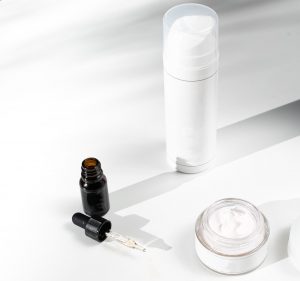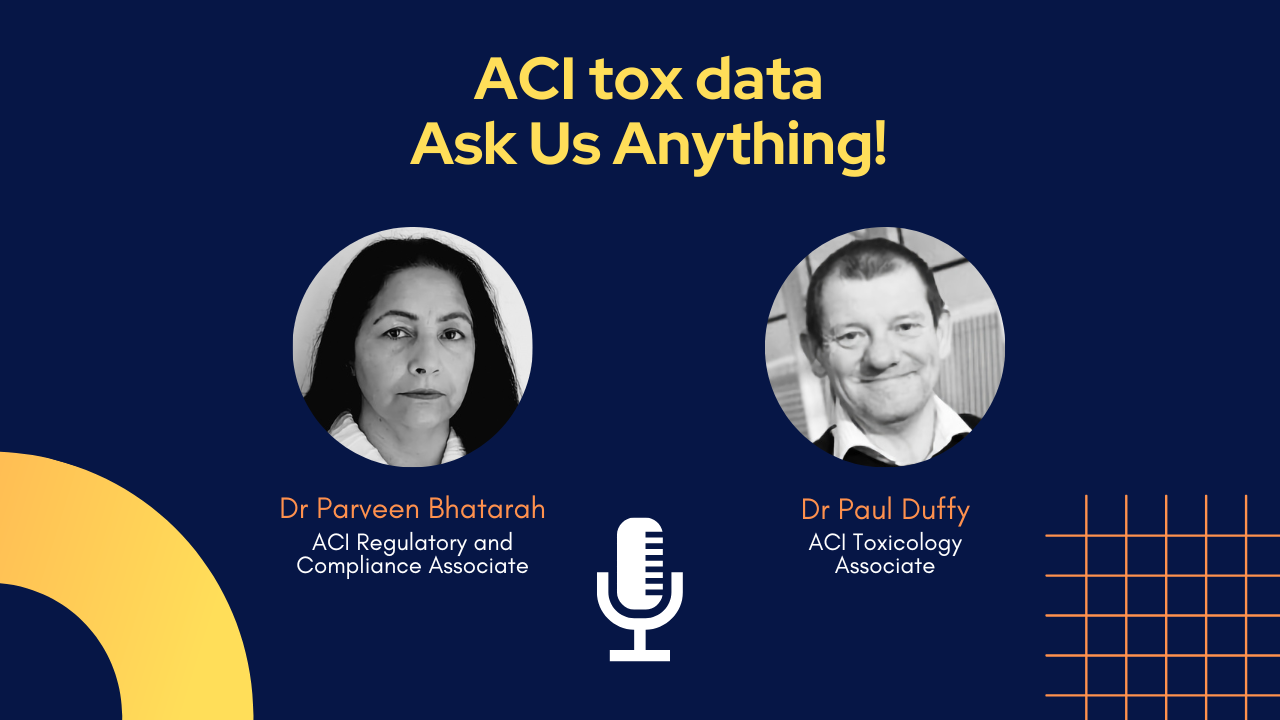Updated 23.09.22
Say you want to add a CBD product to your existing portfolio, or you want to launch a new brand. Have you looked into white labelling?
White label services are growing more and more popular in the wellness space, with expert manufacturers making it easier than ever to launch a brand. Having the option to white label CBD products means it has never been easier to jump on a trend.
How does it work?
The manufacturer sells a shelf-ready product to a brand, typically with a white label on the packaging. Although the brand buys the order to sell under its own name and creatives, it doesn’t own the formulation. The brand releases the product as its own and orders more if it sells.
For many, white labelling – or private label manufacturing – is a cost and time effective route to market as it allows for launching a brand within a very short window with a small team. It presents a minimal involvement option for brands who need to launch a quality range quickly, compared to doing everything in-house.
It removes the need for a manufacturing site, formulation experts and ingredient sourcing.
In some cases, the convenience of launching an off-the-shelf product is passed onto the consumer, who can enjoy buying quality products without a premium price tag.
According to online retail experts at Shopify, white labelled goods are often cheaper for the consumer to purchase than the custom variety, because they are usually generic and mass manufactured.
Is white labelling CBD popular?
CBD is the latest in a long line of product categories to reap the benefits of this method. According to global data platform Statista, the market share of private label goods in Europe takes up between 20% and 50% of unit sales.
Leading e-commerce facilitator Shopify agrees:
“Selling white label products is an easy option for those looking to jump on a trend or avoid having to make or manufacture products on their own.”
Is white labelling CBD legal in the UK?
White labelling is an option to those who wish to obtain and sell products like CBD vapes and cosmetics. However, it is not legal where new food or beverage items are concerned. This is due to the Food Standards Agency’s ongoing process to regulate CBD ingestibles.
This means the development of new food or beverage products containing CBD in the UK is currently prohibited.
CBD as a Novel Food | Read more about the FSA’s list of currently permitted products
What you need to know before white labelling CBD
“The idea with white labelling is that you have the best possible chance of success with good quality products, consultancy and knowledge of the industry,” according to Steve Batchelor, marketing director for British Cannabis, the leading experts in cannabinoids.
Founded in 2015, on the cusp of the emergence of CBD in the UK, the company is embedded in growing, extracting, analysing and manufacturing for the sector.
Steve says finding a compliant white labelling partner is the first thing any brand should do on a quest to launch a CBD product in 2022.
“Your manufacturer should be able to supply you with evidence to show they have submitted their finished formulas to the Food Standards Agency as part of the novel foods process. In the UK, we have faced regulation changes, so there is a potential sticking point with white labelling that may mean you take a greater risk if you’re new to the market. British Cannabis is confident we will be able to support new and current white label clients moving forward.”
Steve says there are 12 key points to consider before settling on a manufacturer for your brand.
12 things you need to know (and do!) before launching a CBD brand
- Know the law and marketing restrictions on CBD – focus on what you can say about your product.
- Develop a strong business plan – consider the channels your products can perform best in.
- Find a reputable CBD supplier.
- Know your products. From every label to each drop of oil, you are the guardian of your products.
- Establish a professional brand that resonates with a target audience.
- Get social – consider which social media platforms you can use in which ways.
- Optimise your website – keywords and search engine optimisation are critical to attract traffic.
- Understand challenges in the cannabinoid industry – consider which countries / markets you can sell into and determine if the laws and regulations on CBD products will allow your entry.
- Research the best e-commerce platform.
- Continue building fresh, relevant, seasonal content for your digital platforms. .
- Determine shipping and payment terms.
- Market your business – consider what advertising, PR, sponsorship and influencer marketing will appeal to your target audience.
The ACI on white labelling
There are no specific regulations for white labelling CBD products in the UK. However, novel food regulations do apply to ingestible products, while other codes apply to vape and cosmetic products.
Companies that sold white labelled CBD ingestible goods in February 2020 who are listed on the Food Standards Agency register can continue selling white labeled products.
Those intending to launch to market with a new ingestible CBD product must first achieve novel foods authorisation on their branded goods. It does not matter if the white label source has made an application or not, the branded product itself also needs to be authorised by FSA.
Earlier this year, the food safety body confirmed that “no new products” would be allowed from 13 February 2020, without pre-market authorisation. B2B sales of white label products can occur, but any B2C sale of a finished product must have pre-market authorisation if it was not on sale before that date.
ACI advises its members and any company selling white labelled CBD goods to highlight the above bullet points to prospective clients, to enable them to prepare for the process of authorisation of their branded products.





